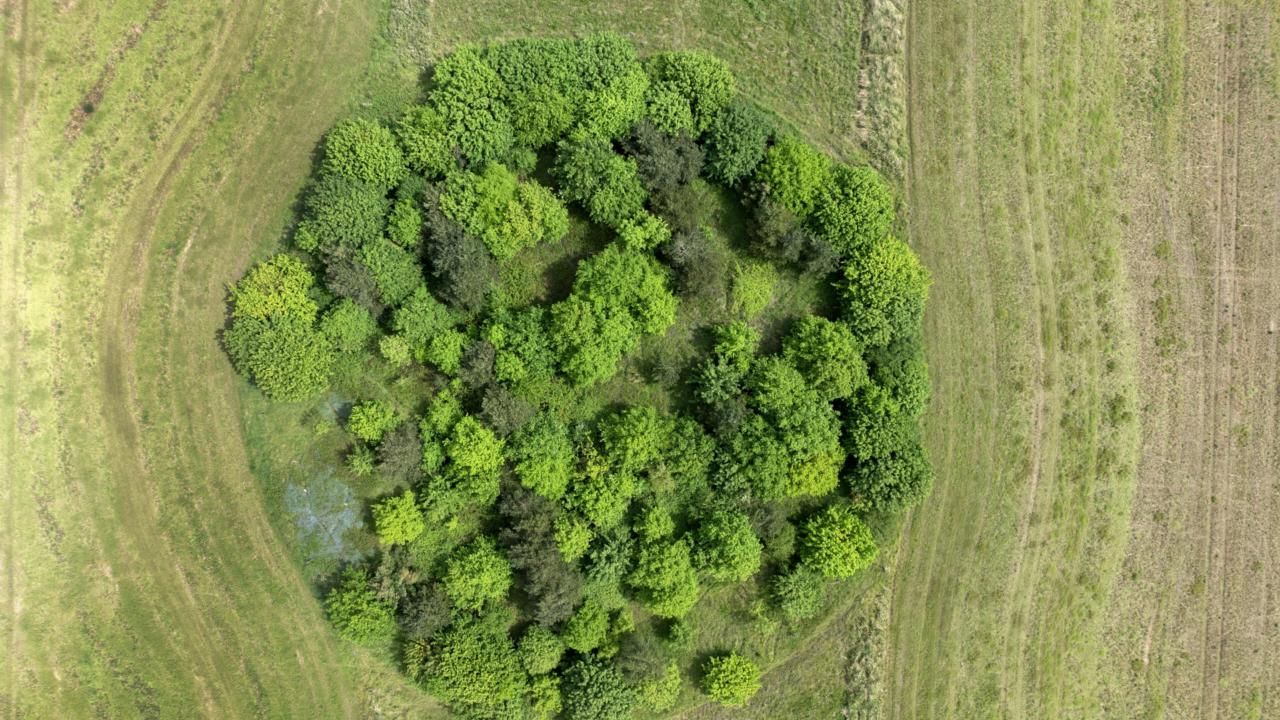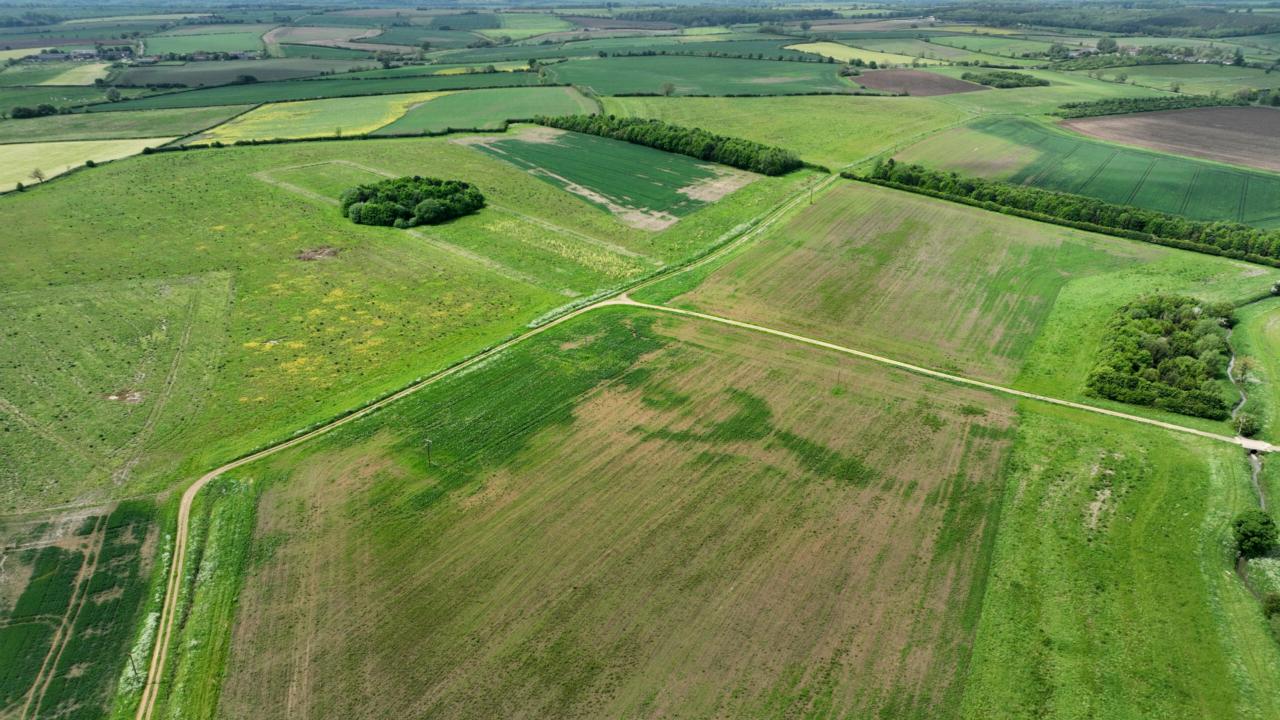
Naturalis will be collaborating with Treeconomy and Nattergal to deliver a purchase of carbon removal credits from a biodiversity recovery project. This unique collaboration aims to compensate for CO2 emissions by investing in a rewilding project in England.
How docarbon credits work?
Carbon credits are certificates that companies and organizations can purchase to compensate for their CO2 emissions. Each credit represents one ton of CO2 removed from the atmosphere. This is achieved through biodiversity restoration projects that restore natural areas and plant trees, which in turn absorb CO2. By purchasing carbon credits, organizations can reduce their ecological footprint and contribute to global efforts to combat climate change. Carbon removal is essential to limiting global warming to 1.5 degrees by 2050, according to the Intergovernmental Panel on Climate Change (IPCC).
Ourcollaboration
Naturalis has contracted Treeconomy, a carbon removal specialist, to help remove carbon emissions generated from employee travel. Naturalis, in partnership with nature restoration specialists Nattergal, will pay EUR 100 per tonne of CO2e to compensate for employee travel emissions from 2023 and plans to expand its carbon accounting to mitigate further carbon emissions in the future.
The non-profit organization remove has played a crucial role in establishing the collaboration: remove connects businesses with startups that contribute to CO2 removal, supporting the startups and helping businesses offset their CO2 emissions through innovative projects and strategies. “We’re thrilled to see the Naturalis - Treeconomy collaboration result from this effort." said Hans Westerhof, CEO of remove.

Boothby WildlandProject
The innovative project of this collaboration is the Boothby Wildland Project, a 617-hectare nature restoration project in England, owned and managed by Nattergal. This project focuses on capturing carbon in soils and trees within various habitats such as grasslands, shrubs, and forests. This approach supports a greater diversity of life and offers a sustainable solution for both emissions and biodiversity loss.


Minimizingemissions
Edwin van Huis, Director of Naturalis, emphasizes the importance of this collaboration: "Our mission is to research and protect biodiversity and to inspire society to better appreciate and care for our global nature. To fulfill this mission, our employees regularly travel abroad for conferences, fieldwork trips, and other research purposes. However, we realize that this travel behavior leads to CO2 emissions. While we look at effective measures to minimize our emissions, we are very pleased to have found a partner in Treeconomy that makes carbon removal solutions possible by supporting reforestation initiatives. Treeconomy's commitment to restoring biodiversity aligns perfectly with our goal to tackle climate change with responsible and scientifically backed methods.”

The importanceof rewilding
Rewilding projects, such as Boothby Wildland, play an important role in addressing the climate crisis and biodiversity loss. It is crucial that more funding goes to nature projects. Rewilding projects are ideal for this, as they can capture carbon while simultaneously restoring nature, supported by carbon markets as a funding source.
“This is exactly the partnership we’ve been working towards since we started. Rewilding and restoration projects don’t just rejuvenate ecosystems, they remove substantial amounts of CO2 from the atmosphere. Until now, we have struggled to quantify just how much, but now we can prove this impact, we can tap into carbon finance to fund these projects. We look forward to working with Naturalis and Nattergal on this project as great partners.” comments Harry Grocott, Treeconomy CEO and Co-Founder.
Get to knowBoothby Wildland
More information
- More information about Treeconomy. Their statement on our cooperation can be found here.
- More information about Nattergal
- Free to use for media: this Boothby image and footage folder. Credit: The Big Ladder.